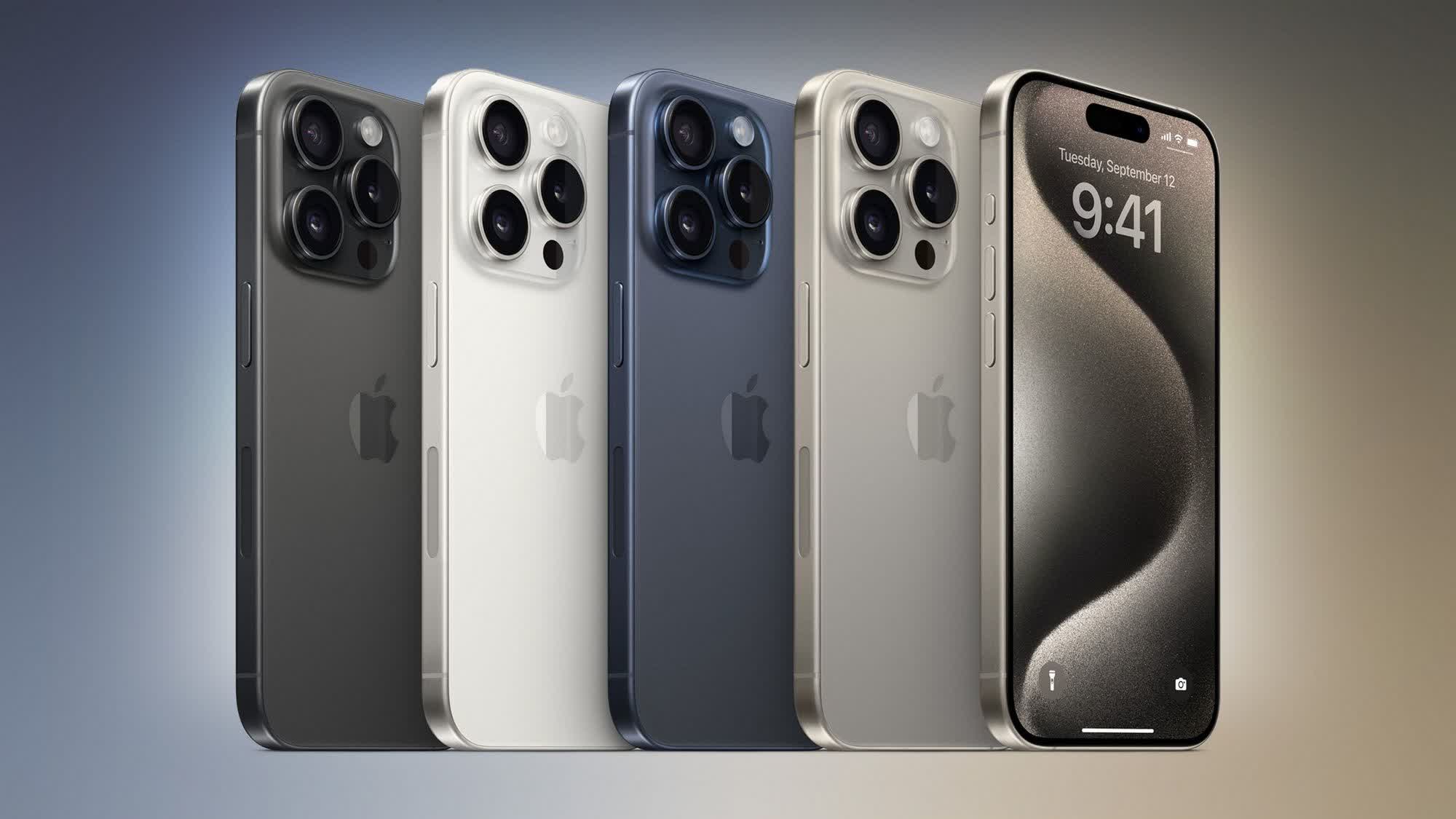What just happened? Taiwan’s TSMC, the world’s No. 1 foundry player, has reportedly demoed its prototype 2nm chips to its two biggest customers, Apple and Nvidia. The new ‘N2’ technology is expected to debut in Apple’s in-house SoCs in 2025 as an upgrade over the 3nm process used in the A17 Pro processor that powers the iPhone 15 Pro and iPhone 15 Pro Max. TSMC’s 3nm process node is also used to manufacture Apple’s M3 series of chips, which power the latest MacBooks.
According to a report from the Financial Times, TSMC has confirmed that it is working on 2nm fabrication, with mass production expected to begin in 2025. The company also claimed that its 2nm process node will be the “most advanced semiconductor technology in the industry” when it comes to transistor density and power efficiency.
The report adds that Apple will be the first company to use TSMC’s 2nm chips, and the iPhone 17 Pro models will be the first set of devices to get the new technology. While Nvidia is also expected to use the same tech for its next-gen GPUs, it’s not immediately clear if the RTX 5000 series cards will be built on the 2nm node. The new fabrication tech is expected to bring significantly improved performance and better efficiency compared to the current-gen 3nm chips.

It is worth noting that TSMC is not the only semiconductor company working on a 2nm process. Some of its leading competitors, including Samsung and Intel, are also working on their own 2nm nodes, although the Taiwanese firm could be the first to start mass producing 2nm chips if it can stick to its predicted 2025 timeline.
Interestingly, Samsung seems to be desperate to be the first out of the gate with its 2nm technology, with reports suggesting that it is “offering cut-price versions of its latest 2 nanometer prototypes” to companies like Nvidia to woo them away from TSMC. The South Korean chaebol reportedly sees the 2nm tech as a “game-changer,” but industry insiders are unsure about whether the company will be able to execute the migration from 3nm to 2nm as effortlessly as TSMC.

